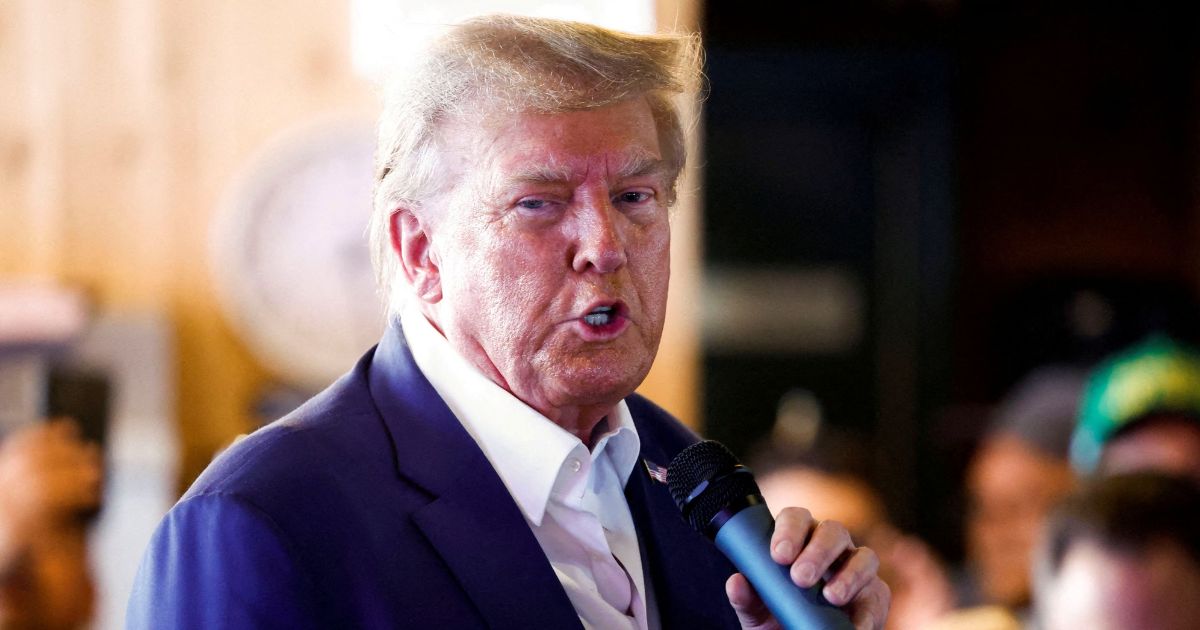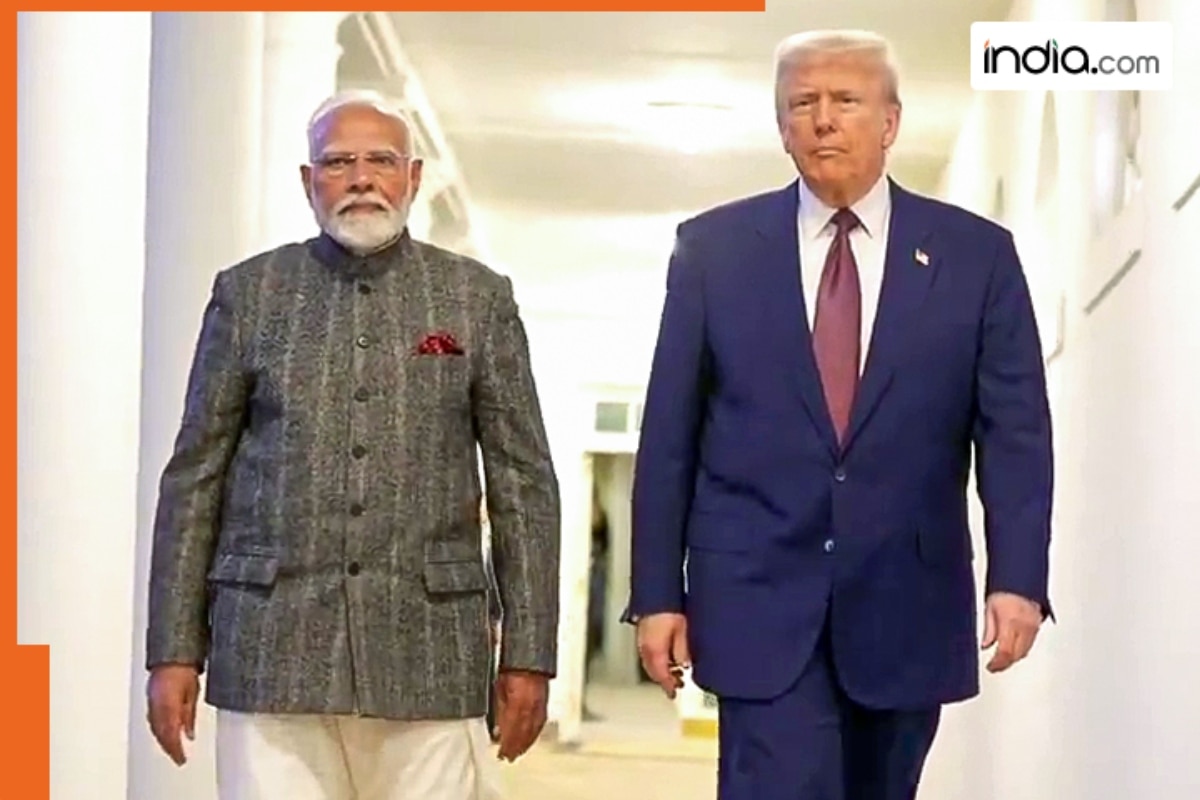Artists Speak Out Against Misinterpretation of Innocent Tattoos
Donald Trump’s government is using tattoos to help identify alleged members of the Venezuelan gang Tren de Aragua (TDA). However, artists across the globe are saying that many of those tattoos have innocent meanings and nothing to do with criminal syndicates.
Documents obtained by transparency group Property of the People reveal that the Department of Homeland Security (DHS) and other agencies have referred to images of clocks, doves, stars, and crowns as signs of gang affiliation. But some of those tattoos were inked by artists in India and the UK for entirely personal reasons.
“It is mind-blowing that this is being used as an example of gang tattoos. It makes no sense at all,” said a British artist, whose clock-and-dove tattoo appeared in a 2024 DHS briefing. He said the ink was meant to honor the birth of a child and added “To me it honestly looks like they have just pulled random images off Google or Pinterest.”
Another tattoo, labeled “HJ” in DHS documents, was inked in Gujarat, India. Artist Vipul Chaudhary said, “My friend’s name’s first letter and his wife’s names’ first letter. That’s all.”
The documents, compiled mostly under the Biden administration, have been widely circulated across law enforcement. Now, under Trump’s use of the 1798 Alien Enemies Act, they’re being used in a sweeping deportation campaign even without full due process.
“Well, you’re here because of your tattoos,” an ICE agent allegedly told Neri Alvarado Borges, who had a tattoo for autism awareness in honor of his brother. Another man, Andry Jose Hernandez Romero, a gay makeup artist, was also deported despite denying any gang ties.
Ryan Shapiro, head of Property of the People, said the documents are “instructional for law enforcement in identifying supposed TDA members.” Yet, experts argue most Venezuelan gangs don’t use tattoos for identification. “It’s an idea that has been taken from Central America… and has been incorrectly applied to Tren de Aragua,” said Rebecca Hanson, a professor at the University of Florida.
Some DHS documents even include tattoo designs sourced from Pinterest, Instagram, and tattoo blogs. One train tattoo linked to TDA membership was actually a tribute to the rock band AC/DC.
Despite these discrepancies, the DHS “Alien Enemies Act Validation Guide” reportedly assigns point values to various indicators of gang affiliation; four points for tattoos, four for wearing “high-end streetwear.” Eight points is enough for ICE to deport someone.
When asked about the guide, White House Press Secretary Karoline Leavitt didn’t dispute its validity but claimed DHS uses a “litany of criteria.” Then she turned on the media, “Shame on you and shame on the mainstream media for trying to cover [for] these individuals.”
The ACLU has filed challenges to several deportations and says at least one individual was removed in error. “That they are placing so much weight on common tattoos and hand gestures is inconsistent with what experts say are reliable methods of determining TDA membership,” said ACLU attorney Lee Gelernt.
As the deportations continue, it’s clear that ink alone, no matter how personal, can now carry life-altering consequences.





